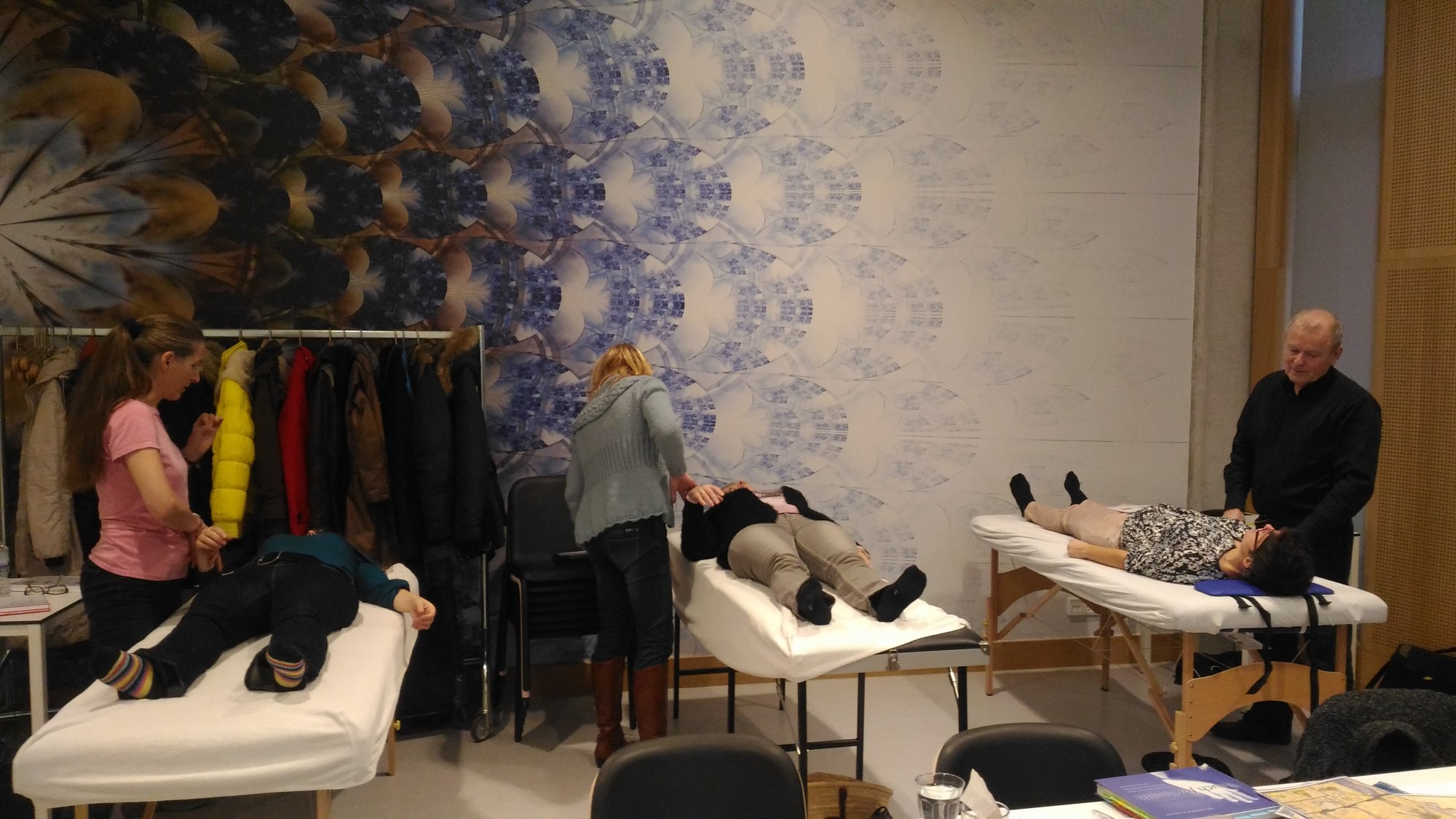
Emotions in Muscle Testing
Specialized Kinesiology work is incredibly cool. Not cool in the kind of way that translates to throngs of people screaming your name, adrenaline rushes, or crazy sex appeal, but cool in a “did that really just happen?” kind of way. Cool because it is hard for us as a species sometimes to get our logical linear brains around just how much influence our thoughts, emotions and subconscious desires have on our physiology and health but SK work just drags it out into the open.
People are sometimes skeptical of this, but it makes sense when you think about how we are wired. There is an obvious interface between our musculature and our emotions – that’s why it is so easy to read someone’s mood by looking at their facial expressions and posture.
Bear with me for this next paragraph. The autonomic nervous system centered in the hypothalamus (hormone producing center of the brain) and periaqueductal gray matter (PAG) sends out signals to the rest of the body that we associate with high stress and powerful emotions; sweaty palms, butterflies in the stomach or a clenched jaw for example. This information is also relayed via interneurons directly to gamma 1 motor neurons, which are responsible for setting the ‘muscle stretch reflex threshold’, or how much physical stress the muscle can take before giving out or locking up in a clenched way. The muscle then responds to the ‘test’ and shows the level of stress that is being accessed within the brain. The person might not even be aware of the fact that a certain idea or situation is so stressful to them, but physiology doesn’t lie.
These muscle responses are read by the SK practitioner as easily as words on a page. By noticing which thoughts, people or goals create this kind of stress in the body we can get a better picture of what might be behind some of your health issues. I truly believe that all health issues have an emotional component. Even a scenario like a broken bone from a skiing injury has emotion attached to it: fear when the individual realized he was falling, or embarrassment in front of peers, or something else totally unexpected.
Because the brain always works in real time, whatever you are thinking/feeling right now is what matters. This is why memories of past traumas or thinking about future situations can have such a powerful affect on physiology – the brain is reacting to the idea as if it was happening right now. So traumas have a tendency to stack up. If you don’t believe me, think about the last time you had a fight with your partner. Did you stay focused on the issue at hand, or did multiple things from the past few years creep in to the discussion until you could swear you’ve had this exact conversation before? Therefore, it is important to understand how this kind of testing works and, more importantly, how Specialized Kinesiology work can be used to clear it.
Until next time, Be Amazing!
Alexis



